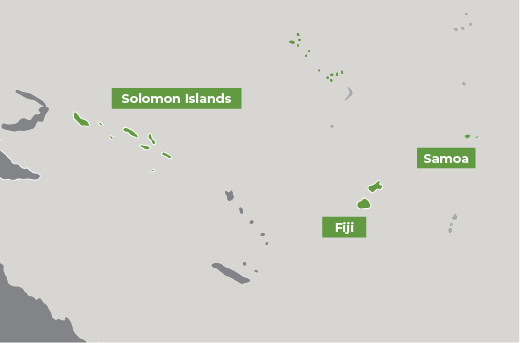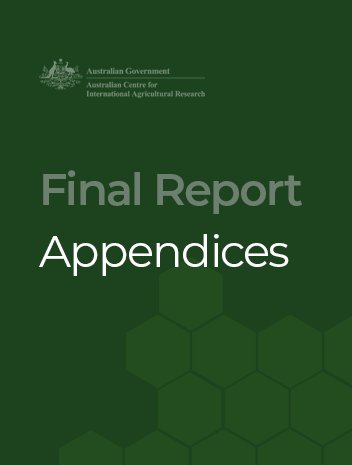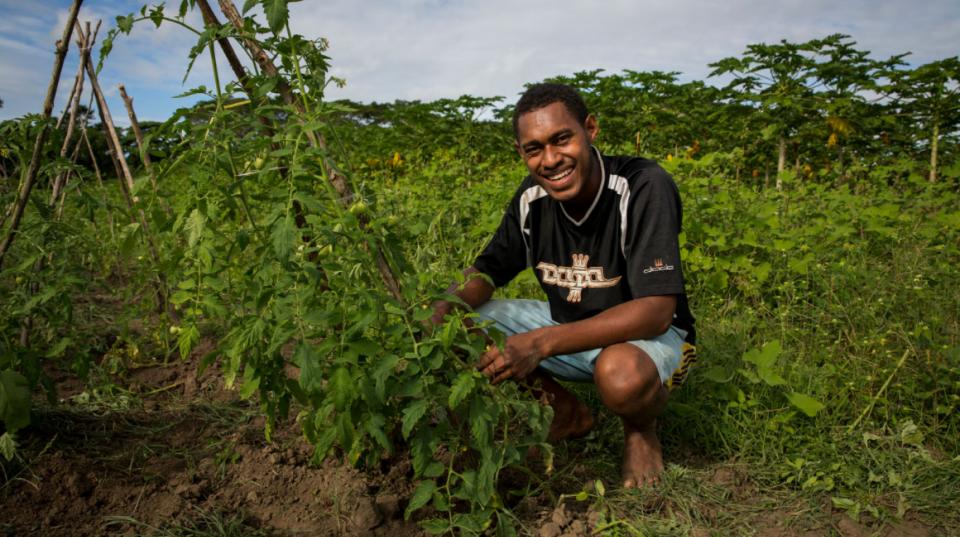Overview
This project aimed to understand the decision-making processes underlying climate finance allocations and to identify potentially novel ways of intervening in or managing climate finance flows to increase their ability to support gender equity, community-based goals, and adaptive processes in the Pacific.
The project examined:
- the types of adaptation projects that get funded
- main recipients and sources of climate finance, if locally-led and gender-equitable processes related and were being supported by existing climate finance streams, and
- if there were key institutional barriers to supporting these processes associated with the major sources of international climate finance.
Project outcomes
- Explored the decision-making processes underlying climate finance allocations.
- Examined the types of agricultural adaptation projects that get funded.
- Explored the barriers faced by women-led civil society organisations (CSOs) in accessing climate finance and documented their recommendations on the changes needed to make climate finance more accessible for women-led CSOs in the Pacific (including: making the deadline for submission at midnight as opposed to 5pm, calls for proposals in local language, longer periods for project implementation, and simplifying the language of the funding requirements.
- Identified the key message from the grassroots that climate finance must be simplified in order to enable locally-led adaptation.
- Identified personal, political, and practical leverage points for bringing about change to climate finance to better support gender equity outcomes as well as community-based adaptation approaches in agriculture.
- Explored novel future interventions to assist in navigating the climate finance institutional landscape and identified the key intervention as being the building of networks and partnerships between CSOs, CSOs with governments CSOs and regional bodies to ensure project design reflects community adaptation needs and desires while ensuring capacity to meet existing complex global climate finance proposal requirements.






